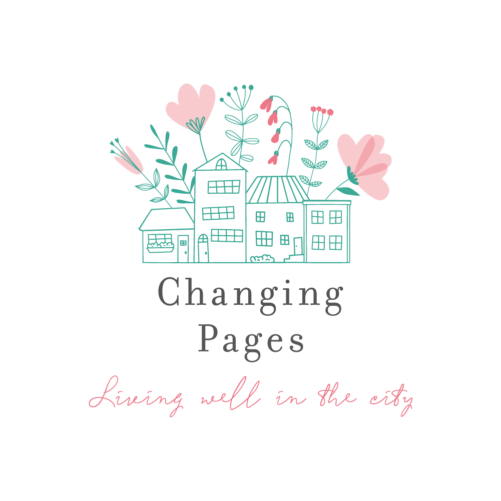 I attended the press view of Leaving Ukraine by Polly Braden in mid March, then promptly went on holiday before I had time to write about it. The fact it has taken me almost a month to get back to it does not take away from how much I enjoyed this exhibition at The Foundling Museum and the impact it had upon me.
I attended the press view of Leaving Ukraine by Polly Braden in mid March, then promptly went on holiday before I had time to write about it. The fact it has taken me almost a month to get back to it does not take away from how much I enjoyed this exhibition at The Foundling Museum and the impact it had upon me.
Polly Braden is a documentary photographer. Her work centres around ongoing conversations between those she photographs and the environment in which they find themselves. Since the Russian invasion of Ukraine on 24th February 2022 she has been documenting the lives of some of the women and children forced to flee their country and make some extraordinary journeys across Europe. Her aim was to bring to the fore those stories which are often invisible. Grandmothers, Mothers, daughters, sisters, all trying to make their way through countries whilst making sure their families are provided for. She highlights the complex challenges faced by families who through no fault of their own have been uprooted. She tells the story of women trying to hold everything together whilst the men they left behind fight for their country. It is a view of the unseen impact of war, the separations, the loneliness, the dejection. This story is just as shocking as the one we see repeatedly on news bulletins, but mostly it is hidden.
Polly Braden’s photographs capture moments and feelings in exquisite detail. Here are real women with a story to tell. Through the tender lense of Polly Braden, they have the opportunity to do that. Polly speaks of wanting to give these women status saying “these are not just women in puffa jackets we see on the news”
At the beginning of the exhibition is a map showing the journeys the women featured in the exhibition have taken since fleeing Ukraine.
As a 16 year old Aliesia moved 15 times from Ukraine to Romania to Austria to Switzerland to France, to Spain, back to France, then to Germany and Poland before going back to Ukraine. Her and her friends Sofiia and Yuliia were scattered across Europe and did not see each other for over a year.
Despite everything these are girls who have had the courage to adapt, to learn new languages and continue their education. Soffia is living in Switzerland excelling at a prestigous high school, Yuliia is living in Warsaw and studying cinema at the university and Aliesia now back in Ukraine is studying Italian online at the University of Kyiv.
In the summer of 2023, the girls parents hired a hall so the girls could be reunited at a prom they thought they might never see. Again they travelled across Europe to share this important milestone and have their first glimpse of home since the war began.
Anya was heavily pregnant when she fled Ukraine with her 8 year old son. She arrived at a womans hospital in Warsaw via destroyed roads and bridges and repeatedly saw the horror of bodies lying dead at the side of the road. She eventually gave birth to a daughter in Warsaw, although now lives with her children in Lublin. She cannot be with her husband and cannot return to her home in Ukraine which remains a major target for Russian attacks.
Narine and her children 9 and 6 years fled fom Odesa across the black sea on a journey which took over 30 hours. For a while they lived with an aunt in Italy before moving onto a hotel in Milan before eventually being given a small flat just outside Milan. Now settled the children are fluent in Italian and Narine has temporary work. This period of settlement is to be short lived as she has been told she has to moved again in the summer, this time to another hotel, but she does not know where.

Both Anya and Narine are mothers who are doing their best to keep their families together despite terrible situations. These are women who are still managing families through ongoing displacement and complexities, whilst husbands remain in Ukraine. This is the story of the ongoing war outside of Ukraine.

The exhibition tells such a strong story and left me with perspective that I did not have before. I cannot imagine what it must be like to leave your home, your country and everything you know and try to create a life elsewhere, to find education for your children to feed them and to try and find work in a country where you probably know noone and speak very little of the language . This is such a testimony to the strength of women and the impact of war on those who may not be taking physical arms but are doing something which requires the same amount of courage and no doubt brings with it a similar amount of fear.
If you can, I would urge you to visit Leaving Ukraine at The Foundling Museum, and be touched by the stories of these amazing women. As an aside, The Foundling Museum is yet another example of what treasures can be found in London’s smaller museums and galleries.
Nearest Tube: 4 mins from Russel Square, 10 mins from Kings Cross St Pancreas
Runs until: 1/9/2024

